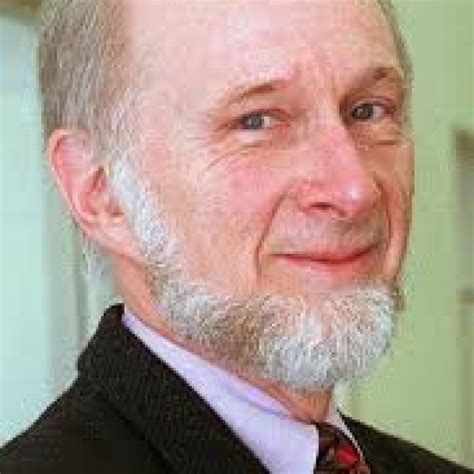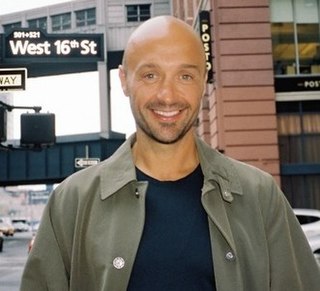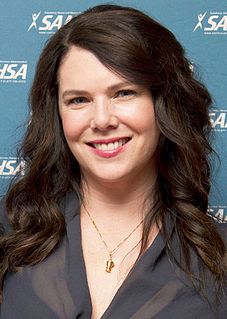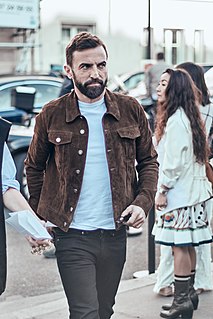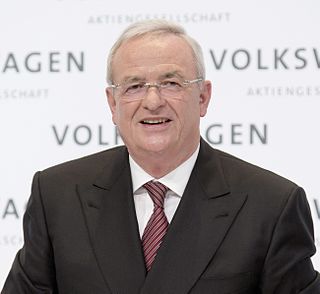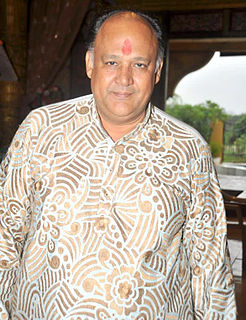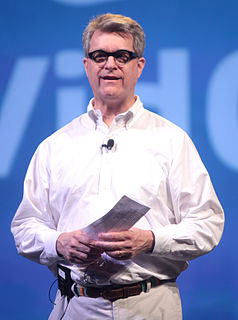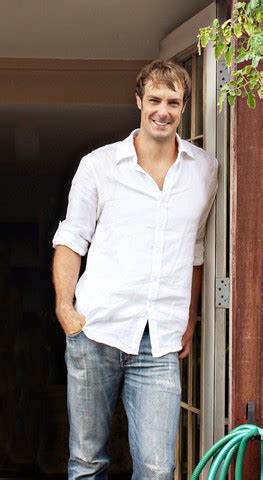A Quote by George Vecsey
Why is the N.F.L. so popular? The N.F.L. grew in the comfort zone after World War II. People had money and time. A popular American sport got bigger.
Related Quotes
I would rather be a person who struggled there than someone who had a great, easy time and then got out in the world and was like, "Wait a minute, I didn't get voted class president? What's going on?" You know, "popular" doesn't necessarily correlate to anything. "Popular" still has to get up at 7:00 in the morning and go to work and do something worthy too. There's no edge, really, that you get from being whatever was popular in school.
My background is that I've spent a lot of time marketing entertainment. One of the old saws in package goods is you can take something that is popular and you can make it more popular. But if you take something less popular, you can't automatically market it into the same success as something that's already popular.
We have to recognize that the reason that the global order that we've enjoyed and almost take for granted over the last several years exists is that after World War II, the United States and its allies tried to build an antidote to what they had seen between World War I and World War II. There, they'd seen protectionism, beggar-thy-neighbor trading policies, so they said, we'll build an open international economy. And they did that.
